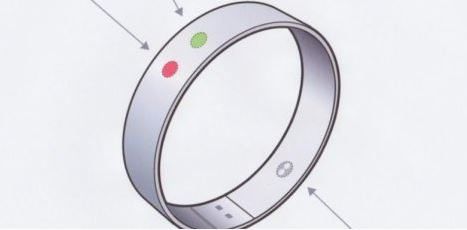An Aarhus-based company, Drugster, is in the process of developing designer bracelets able to detect any drug in your drink, Metroxpress reports.
According to Ulrik Merrild, who has developed the bracelet with the support of the Alexandra Institute, a prototype will be ready soon.
“We have spent a lot of time developing a technically viable and reliable solution that young people would actually want to wear,” Merrild told Metroxpress.
The so-called DrugStop can be updated with information about new drugs on the market via a USB connector.
Detecting date rape drugs
The product will be launched both as a bracelet, a pen and a device that can be plugged into a mobile phone.
“Our aim is to help prevent drug abuse that could ultimately lead to a rape, an assault or a robbery,” Merrild explained.
“DrugStop can test for the most common substances by sending light into a drink. The light that is reflected back informs the user if there is a drug inside and what kind of drug it is.”
Ready next year
The company is planning to test the prototype next year and hopes to start selling it after the summer.
At first, Drugster will focus on selling the bracelets in major European cities and eventually in the United States, Japan and India.
Last year, the Danish cosmetics firm Gosh Cosmetics expressed an interest in producing date-rape nail polish that changes colour when it is dipped into a drink spiked with a date rape drug.















